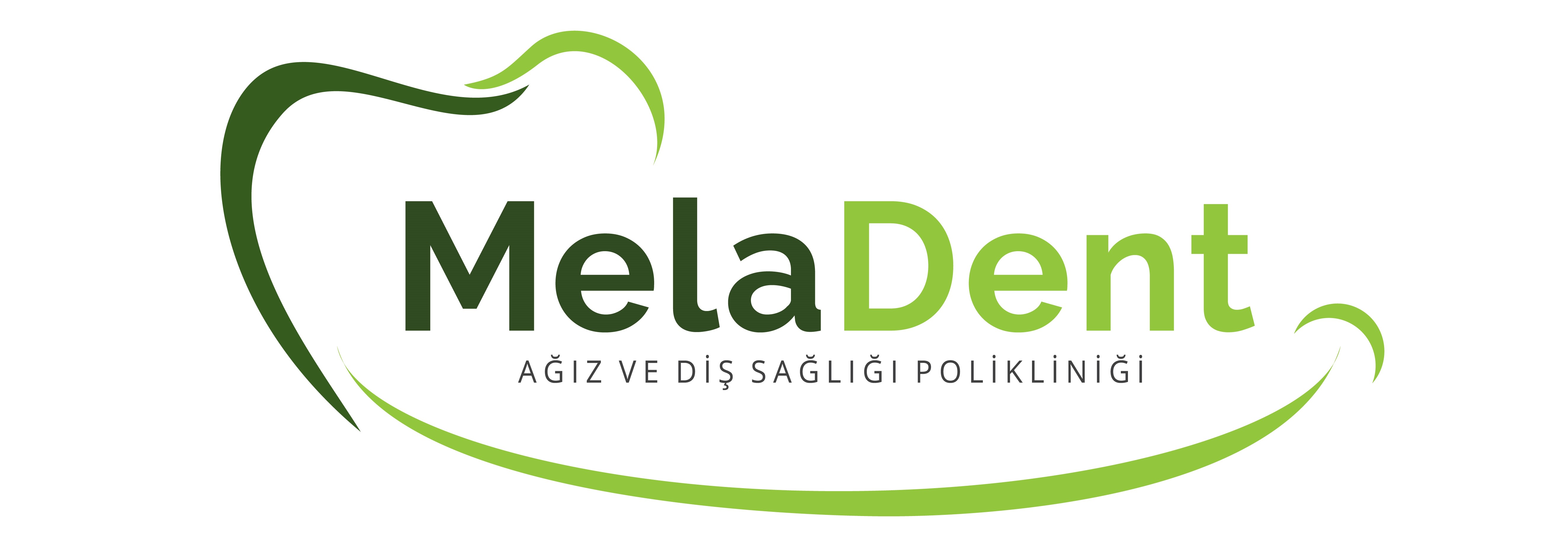WHAT IS GENERAL ANESTHESIA?
General anesthesia is a reversible condition in which consciousness is turned off, no response to painful stimuli can be obtained, respiratory functions are significantly suppressed or stopped, and circulatory system functions can be suppressed with some special drugs applied externally.

IN WHICH PATIENTS ARE DENTAL TREATMENT DECIDED UNDER GENERAL ANESTHESIA?
- In people who cannot be contacted for mental, physical or psychological reasons
- People who are extremely afraid of dental procedures and need to undergo a large number of procedures
- In young children whose dental procedure can not tolerate local anesthesia
- In cases where local anesthesia is not successful
- People with sensitivity to local anesthetic agents and a history of allergies are referred to general anesthesia.
THE PERIOD BEFORE GENERAL ANESTHESIA
The patient's relative, who is decided to be treated under general anesthesia, is informed about the process. Patient relatives are often worried that general anesthesia is dangerous. Before each general anesthesia, the patient should be examined by an anesthesiologist. As a result of this examination, the specialist will request some laboratory tests and consultations that he deems necessary. During this examination, the patient's relatives should ask all the questions and concerns they have in their minds to the anesthesiologist, which will allow them to relax and feel confident. After the examination and tests, an appointment is made for patients who do not mind being treated under general anesthesia.
During general anesthesia, the patient is asked to be hungry and thirsty for 8 hours to prevent the escape of fluids and food in the stomach to the throat and lungs. For this reason, general anesthesia is preferred, especially in the morning hours.
THE PERIOD AFTER GENERAL ANESTHESIA
Explanations are given verbally and in writing to day patients, including post-procedure nutrition, medication administration, permitted physical activities, and the only phone number to reach them in case of emergency. In addition to all these procedures and arrangements, it is very important to inform the patient and their relatives about the points to be considered in the nutrition of the person for the person’s oral and dental health, the importance of tooth brushing and regular dentist checks every 6 months before being sent away.
All anesthesia procedures should be performed by knowledgeable physicians with medical equipment and under licensed operating room conditions with sufficient infrastructure.
WHAT ARE THE ADVANTAGES OF PERFORMING DENTAL TREATMENTS IN CHILDREN UNDER GENERAL ANESTHESIA?
- All dental treatments can be performed in a single session with general anesthesia.
- Failures caused by the mobility of young children during the procedure are prevented.
- When the child wakes up after general anesthesia, he does not feel any pain. He does not remember any of the complaints such as bleeding. During the procedure, the sounds that may cause trauma and the fear caused by the tools used are eliminated.
- The treatment process is completed without causing a bad trauma to the child.

